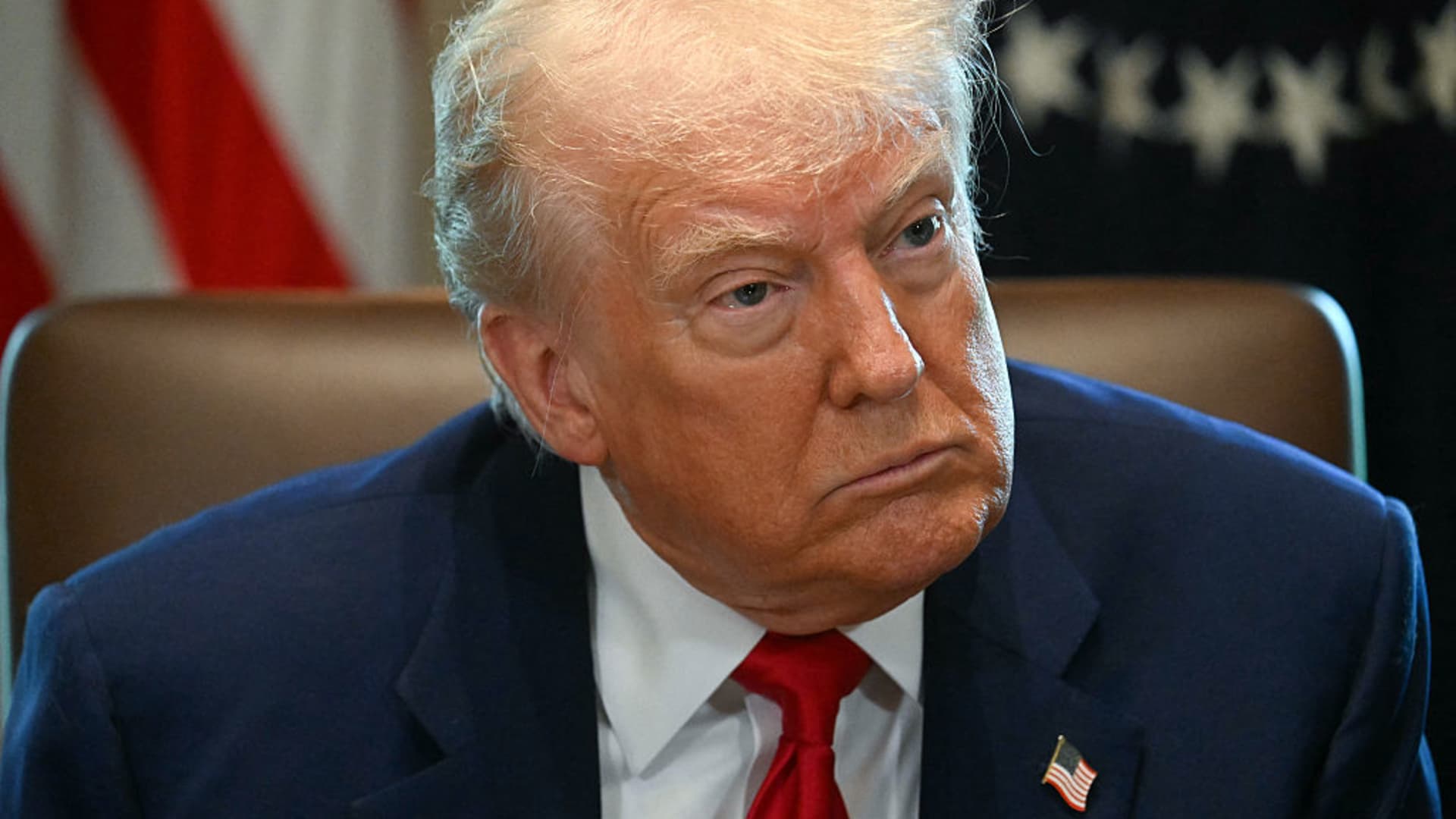Introduction
In the complex world of U.S. trade policy, one of the most contentious issues has been the imposition of tariffs by the Trump administration. The U.S. Chamber of Commerce, a powerful lobbying group representing millions of businesses, has been at the forefront of opposing these tariff policies. This report examines the Chamber’s stance on tariffs, its interactions with the Trump administration, and the potential implications for the U.S. economy.
The Chamber’s Stance on Tariffs
The U.S. Chamber of Commerce has been unwavering in its opposition to President Trump’s tariff policies, arguing that they are harmful to the U.S. economy. The Chamber contends that tariffs lead to higher prices for consumers, job losses, and increased trade tensions. John Murphy, Senior Vice President and Head of International at the U.S. Chamber of Commerce, has been a vocal critic, asserting that tariffs are not the solution to trade imbalances.
The Chamber has advocated for a “tariff exclusion process” to mitigate economic damage. This process would allow certain goods to be exempted from tariffs, thereby reducing the economic burden on businesses and consumers. Additionally, the Chamber has called for a permanent end to tariff threats, emphasizing that the uncertainty surrounding tariff policies is detrimental to business operations.
The Chamber’s Interactions with the Trump Administration
The U.S. Chamber of Commerce has employed various strategies to influence the Trump administration’s tariff policies, including lobbying, public statements, and legal threats. Initially, the Chamber considered legal action to halt the administration’s tariff measures. However, it ultimately chose to focus on lobbying efforts, urging the administration to reconsider its tariff policies.
The Chamber’s lobbying efforts have been multifaceted, including calls for tariff exclusions and a permanent end to tariff threats. The Chamber has also welcomed temporary pauses in tariff implementation, such as the 90-day pause on “reciprocal” tariffs announced by President Trump. Despite these pauses, the Chamber has remained critical of the administration’s tariff policies, arguing that they are economically damaging.
The Potential Implications for the U.S. Economy
The U.S. Chamber of Commerce’s opposition to Trump’s tariff policies has significant implications for the U.S. economy. Tariffs can lead to higher prices for consumers, job losses, and increased trade tensions. The Chamber’s advocacy for tariff exclusions and a permanent end to tariff threats aims to mitigate these negative effects.
The Chamber’s lobbying efforts have underscored the importance of trade in the U.S. economy. As a major player in global trade, the U.S. relies on international trade for its supply chains and economic stability. Tariffs can disrupt these supply chains and harm businesses that depend on international trade. The Chamber’s stance on tariffs reflects the broader concerns of the business community about the potential economic damage caused by protectionist policies.
The Legal and Political Landscape
The legal and political landscape surrounding Trump’s tariff policies is intricate. The Trump administration has used various trade laws to impose tariffs, including the International Emergency Economic Powers Act (IEEPA) and a 1974 law that allows for tariffs on countries with which the U.S. has trade imbalances. The administration has also faced legal challenges to its tariff policies, with some businesses and trade groups arguing that the tariffs are unlawful.
The U.S. Chamber of Commerce’s decision to lobby rather than sue the Trump administration reflects the political and legal challenges involved in challenging the administration’s tariff policies. The Chamber’s lobbying efforts have been aimed at influencing the administration’s policies from within, rather than through the courts. However, the Chamber’s legal threats have also served as a reminder of the potential legal challenges to the administration’s tariff policies.
Conclusion
The Path Forward
The U.S. Chamber of Commerce’s opposition to Trump’s tariff policies underscores the broader concerns of the business community about the potential economic damage caused by protectionist policies. The Chamber’s lobbying efforts, calls for tariff exclusions, and legal threats have all been aimed at mitigating the negative effects of tariffs on the U.S. economy.
As the U.S. continues to navigate trade imbalances and the economic fallout from the COVID-19 pandemic, the debate over tariffs is likely to persist. The U.S. Chamber of Commerce’s stance on tariffs reflects the broader concerns of the business community about the potential economic damage caused by protectionist policies. The Chamber’s efforts have been focused on influencing the administration’s policies to address these concerns. Ultimately, the path forward will depend on the administration’s willingness to engage with the business community and address their concerns, ensuring a more stable and prosperous economic future.

